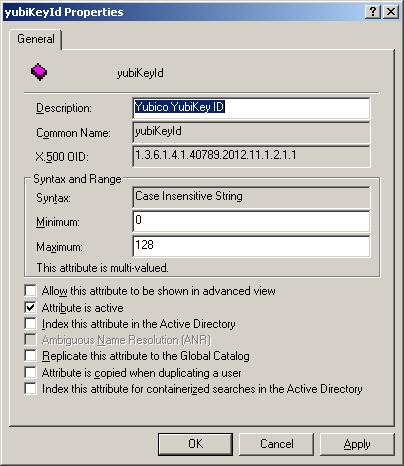VMWare Server on Fedora 9 x86_64
A little while ago ( like when I first installed my 4Gb of RAM ) I thought I might give VMWARE server a try. VMWARE server is available for free from http://www.vmware.com/download/server/.
Needless to say it didn't work. There was an issue with compiling the 64bit modules for networking with the kernel and kernel-devel packages at the time.
Happily, Fedora has updated the kernel and kernel-devel packages and the issue is gone! Last week I gave it another go and now have VMWare Server running smoothly on my Fedora PC. I use it for a range of different things and prefer it to Qemu for a range of different reasons.
My list of VMWare pros over Qemu:
The install process was relatively smooth. The required dependancies were the kernel-devel package matching kernel version: 2.6.25.11-97.fc9.x86_64. There was one dependancy that I had to install manually.
ASIDE -> if you are using Fedora and need to remember what was installed a week ago when you were filling in missing dependancies, you should have a look at /var/log/yum.log
Usually when I receive an rpm package I install it like this:
Sometimes yum will also let you know that it needs to fill some dependancies in order to install the package correctly. It makes sense to allow yum to manage all installs of rpms for you. You can then use yum to remove stuff and find a history of installed applications in /var/log/yum.log
So why should you try VMWare Server?
So all in all, I am happy with my VMWare Server experience on Fedora Linux. The 4 gb RAM definately helps. I would not recommend it for anyone with less than 2gb ram.
Needless to say it didn't work. There was an issue with compiling the 64bit modules for networking with the kernel and kernel-devel packages at the time.
Happily, Fedora has updated the kernel and kernel-devel packages and the issue is gone! Last week I gave it another go and now have VMWare Server running smoothly on my Fedora PC. I use it for a range of different things and prefer it to Qemu for a range of different reasons.
My list of VMWare pros over Qemu:
- VMWare is very good at sharing host resources amongst the guests. One can assign more virtual memory to each guest and have them run concurrently without incurring exorbitant overhead costs.
- VMWare deals with bridged networking without much input from the person behind the keyboard. All I had to do was tell VMWare server that my guest should use bridged networking and the software simply made it so.
- VMWare can be run as a regular user because its services are started up as part of xinetd during boot time. Guests are executed as the user that started them or made available to all users.
- VMWare provides greate commandline access to both the host and the guests allowing for all kinds of nifty scripting. The guests can be pinged to check if they are alive. This is handy in a high availablity environment where one might have a cron that checks for a live ping and notifies to an email address if a guest is found to be down.
The install process was relatively smooth. The required dependancies were the kernel-devel package matching kernel version: 2.6.25.11-97.fc9.x86_64. There was one dependancy that I had to install manually.
# yum install libXtst-1.0.3-3.fc9.i386
ASIDE -> if you are using Fedora and need to remember what was installed a week ago when you were filling in missing dependancies, you should have a look at /var/log/yum.log
Usually when I receive an rpm package I install it like this:
# cd /path/to/downloaded/rpm/file.rpm
# yum localinstall --nogpgcheck file.rpm
Sometimes yum will also let you know that it needs to fill some dependancies in order to install the package correctly. It makes sense to allow yum to manage all installs of rpms for you. You can then use yum to remove stuff and find a history of installed applications in /var/log/yum.log
So why should you try VMWare Server?
- Its free now and it might not be forever.
- You will have the ability to try out other linux distro's or if you have a licensed copy of one of the Microsoft Operating Systems you might wish to have it run inside your Linux. There seems always to be one or two MS apps that one can't do without. For me it's Cashbook Complete!
- You may wish to try your hand at setting up a domain, a network, a dns server, or simply a 3 tiered web/app/data suite which you wish to set up with PHP or Python...
- The list goes on. Why do you use VMWare? Comments welcome.
So all in all, I am happy with my VMWare Server experience on Fedora Linux. The 4 gb RAM definately helps. I would not recommend it for anyone with less than 2gb ram.

Comments